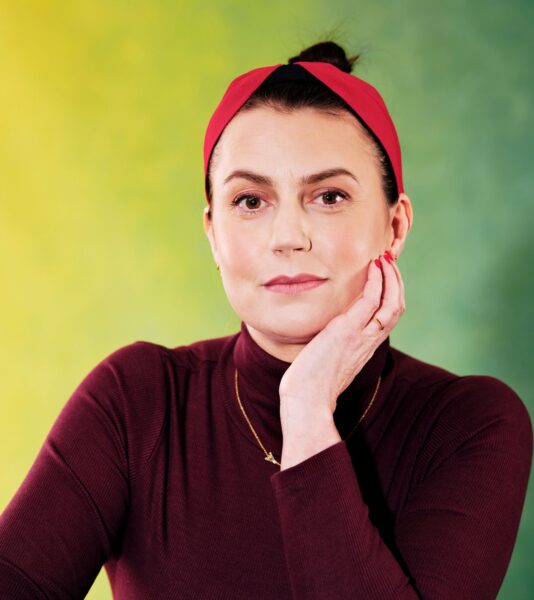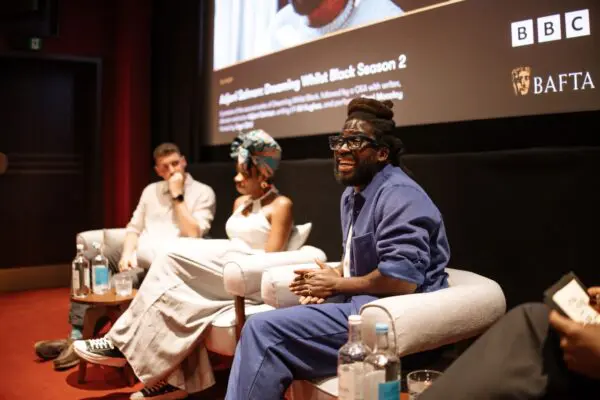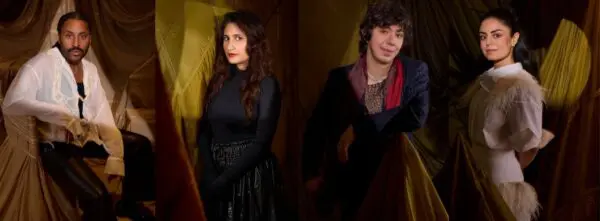Having played piano and drums since the age of five, Segun Akinola initially thought he might be a musician and music producer. But, as a lover of books and movies, he felt pulled towards a career that would allow him to tell stories. Eventually it clicked that composing for the screen would allow him to combine his love of both music and stories, and after a stint of work experience with a features composer, Akinola was convinced it was where his future lay.
After graduating with first-class honours from the prestigious Royal Birmingham Conservatoire and the National Film and Television School with an MA in Composing for Film and Television, he began building his credits as a composer for the screen. Before long, he would score BBC Two’s landmark series Black and British: A Forgotten History, and then made a breakthrough in features when he composed Shola Amoo’s A Moving Image. In 2018, Akinola scored his biggest gig to date, taking over musical duties from Murray Gold on Doctor Who as part of showrunner Chris Chibnall’s fresh take on the series. Akinola’s compositions take inspiration from Doctor Who’s musical legacy, while also refashioning them for a modern audience.
At the end of 2017, Akinola was named a Breakthrough Brit, earning a year of bespoke BAFTA mentoring and support. Here’s what he thought of the experience…
BAFTA: How was the whole Breakthrough Brits experience for you?
Segun Akinola: It has been truly amazing. I really can’t emphasise that enough. It basically does what it says it will do, which is quite substantial. That’s important: it’s easy for it to say, “It will do this”, or “It will do that” and “We will get you mentoring”, “We will essentially highlight you to the industry”. But I can look back and say, “My gosh! It really does everything.” It was everything I hoped it would be and so much more.
How did the mentoring work?
You are asked who you’d like to see and who inspires you and I put down this list of very well-known composers. I was very fortunate that some of the big names said they would speak to me. So, I got the chance to speak to the likes of Paul Leonard-Morgan, Daniel Pemberton and John Powell, who have all been fantastic.
Daniel and John have been there the whole way through. They have been available and made time for me, and have said, and do say constantly, things that are really helpful. What feels nice is that they genuinely seem invested in my career and their advice has been invaluable. Going to talk to them is such a great opportunity to ask how they did this or that, but with both of them it was, “We’re not really interested in that – we want to talk about you.”










